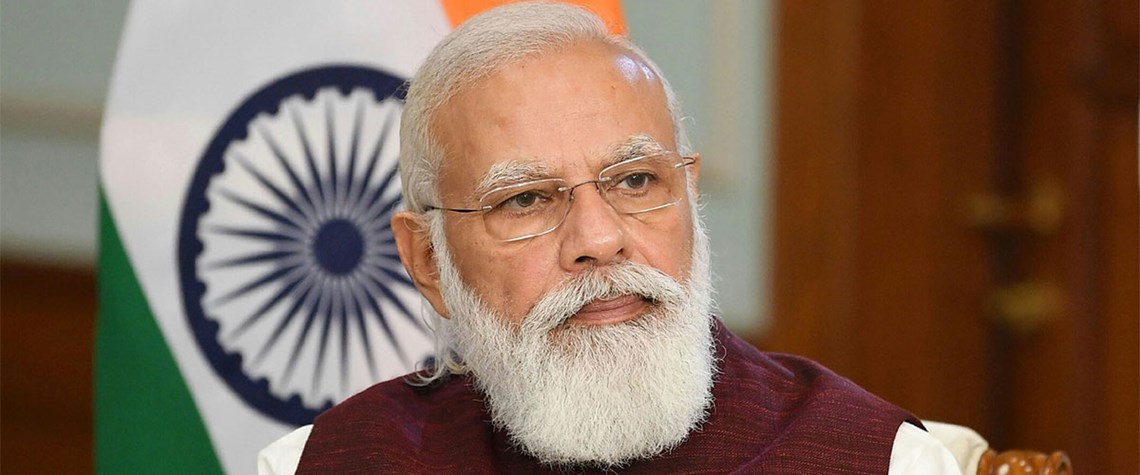Letter from India: Cost of import dependence grows
Surging demand, declining domestic output, high prices and a weakening rupee are all pushing up the country’s import bills
Indian prime minister Narendra Modi convened a meeting of oil industry stakeholders back in March 2015, nine months into his first term in office, to discuss increasing domestic hydrocarbons production and reducing import dependence from what was then 77pc to 67pc by 2022, and further to 50pc by 2030. But as we reach the first checkpoint on that journey, hitting targets on reducing his country’s reliance on non-domestic energy looks increasingly unlikely. In fact, the country’s oil imports have risen by 8.6pc since 2015, with imports accounting for 85.6pc of India’s crude demand in the April 2021-March 2022 financial year. India’s dependence on gas imports is less pronounced. But, of a consu

Also in this section
17 February 2026
The 25th WPC Energy Congress, taking place in Riyadh, Saudi Arabia from 26–30 April 2026, will bring together leaders from the political, industrial, financial and technology sectors under the unifying theme “Pathways to an Energy Future for All”
17 February 2026
Siemens Energy has been active in the Kingdom for nearly a century, evolving over that time from a project-based foreign supplier to a locally operating multi-national company with its own domestic supply chain and workforce
17 February 2026
Eni’s chief operating officer for global natural resources, Guido Brusco, takes stock of the company’s key achievements over the past year, and what differentiates its strategy from those of its peers in the LNG sector and beyond
16 February 2026
As the third wave of global LNG arrives, Wood Mackenzie’s director for Europe gas and LNG, Tom Marzec-Manser, discusses with Petroleum Economist the outlook for Europe’s gas market in 2026







